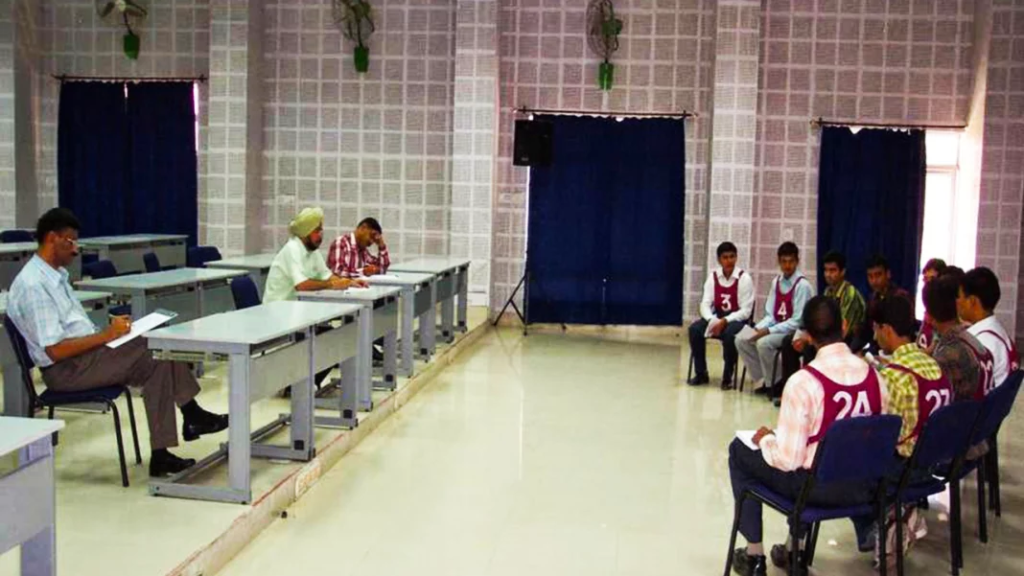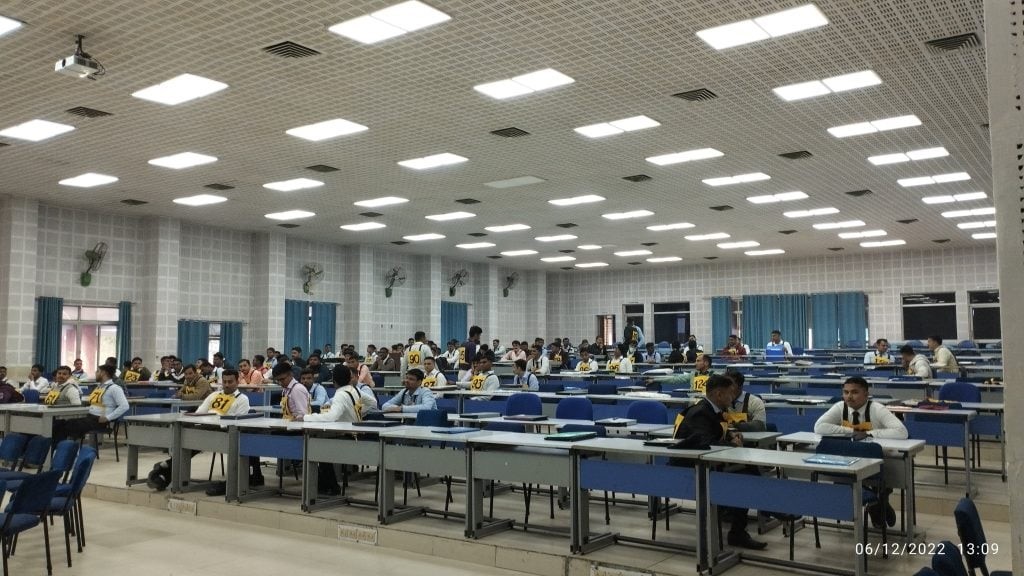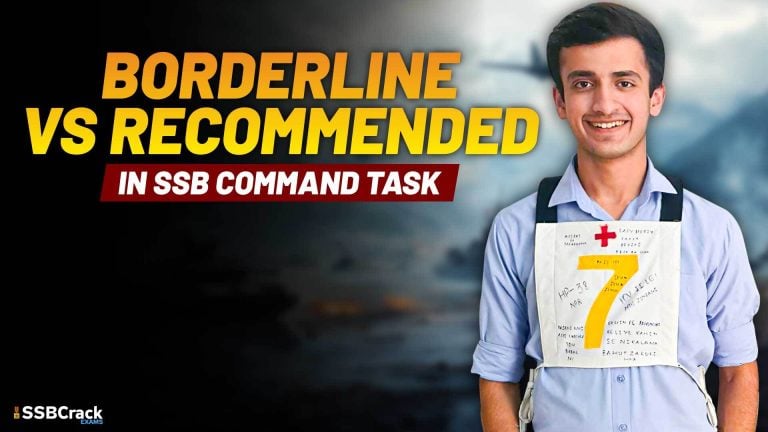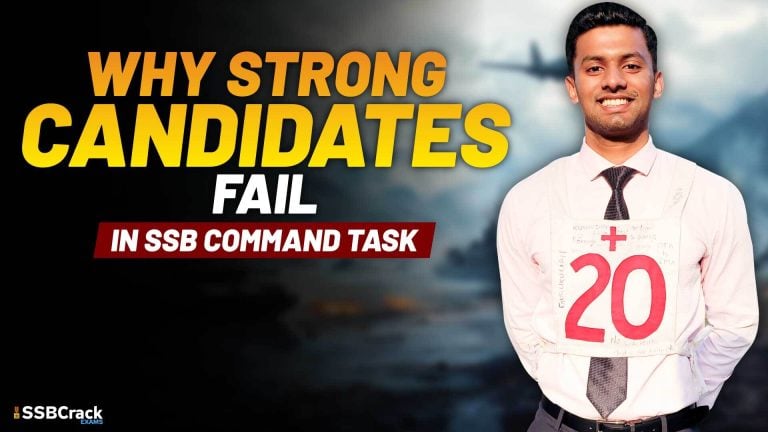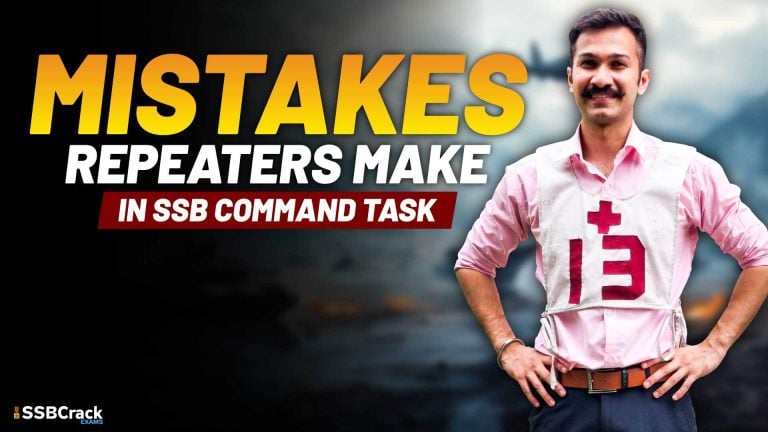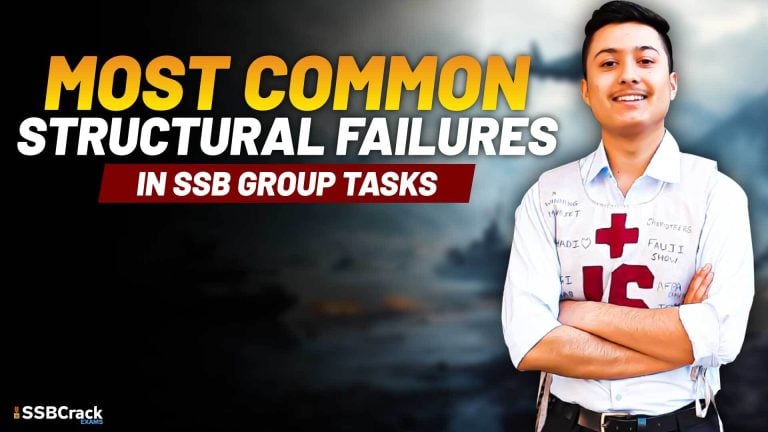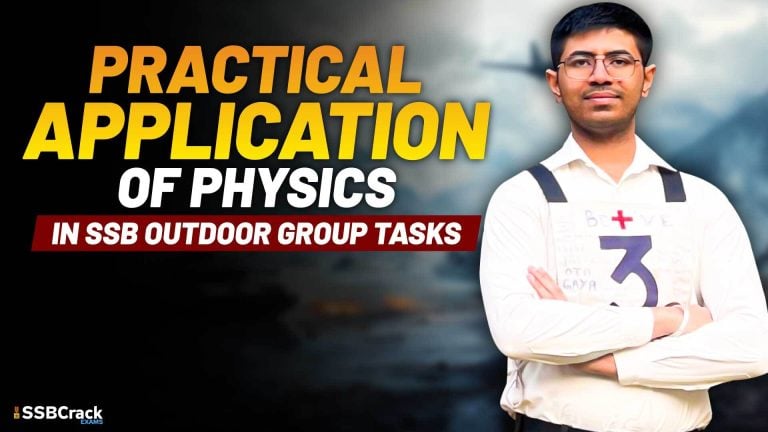Facing a job interview can be a nerve-wracking experience for even the most seasoned professionals. The anticipation of meeting a panel of evaluators and showcasing your skills and qualifications can trigger a surge of stress and anxiety that can undermine your performance. However, with the right mindset and preparation, you can learn to manage these emotions effectively and present your best self during the interview.
In this comprehensive guide, we will explore seven simple yet powerful strategies to help you overcome interview stress and nervousness, empowering you to navigate the process with confidence and poise. In this article we will explore the 7 Simple Strategies to Handle Interview Anxiety.
1. Reframe Your Perspective
One of the key steps in overcoming interview anxiety is to shift your mindset. Instead of viewing the interview as a daunting ordeal, reframe it as an opportunity to showcase your abilities and demonstrate your fit for the role. Remind yourself that the interviewer is not there to judge or intimidate you, but rather to assess whether you possess the necessary qualifications and qualities to excel in the position. Approach the interview as a chance to have a meaningful dialogue and build a connection with the employer, rather than a high-stakes confrontation.
Also Read | Next Step After NDA Written: Get Ready for SSB
2. Prepare Thoroughly
Thorough preparation is the foundation for managing interview stress. Invest time in researching the company, familiarizing yourself with the job description, and anticipating potential questions. This level of preparedness will not only boost your confidence but also help you respond to inquiries with clarity and coherence. Additionally, practice your responses to common interview questions, refining your answers to highlight your relevant skills and experiences. The more prepared you are, the less likely you’ll be to feel caught off guard or overwhelmed during the actual interview.
3. Practice Relaxation Techniques
Incorporating relaxation techniques into your pre-interview routine can be a powerful way to mitigate stress and nervousness. Consider engaging in deep breathing exercises, progressive muscle relaxation, or guided visualization. These practices can help calm your mind, regulate your physiological responses, and foster a sense of inner composure. Additionally, light exercise, such as a brief walk or some light stretching, can help release built-up tension and energize you for the interview.
4. Visualize Success
Visualization is a powerful tool that can help you overcome interview anxiety. Take a few moments before the interview to close your eyes and vividly imagine yourself navigating the process with poise and confidence. Visualize yourself greeting the interviewer with a warm smile, articulating your responses clearly, and projecting an air of self-assurance. This mental rehearsal can help reinforce positive neural pathways and boost your belief in your own abilities, making it more likely that you’ll embody these desired behaviors during the actual interview.
Also Read | 8 Smart Hacks from the Indian Military You Should Know
5. Embrace a Growth Mindset
Adopting a growth mindset can be a game-changer in managing interview stress. Instead of viewing the interview as a high-stakes scenario where failure is unacceptable, reframe it as an opportunity to learn and grow. Approach the process with a curious and open mindset, viewing any challenges or setbacks as chances to gather valuable feedback and improve for the future. This mindset shift can help you maintain a sense of resilience and adaptability, allowing you to navigate the interview with greater flexibility and composure.
6. Manage Your Physiology
Your physical state can have a significant impact on your emotional and mental well-being during the interview. Pay attention to your body language, posture, and breathing patterns. Maintain an upright, confident posture, and practice deep, controlled breathing to counteract the physiological symptoms of stress, such as shallow breathing or a racing heartbeat. Additionally, consider wearing comfortable, well-fitting attire that allows you to feel at ease and project an air of professionalism.
Also Read | 6 Simple Ways to Become a Better Communicator
7. Embrace the Butterflies
It’s important to understand that a certain level of nervousness is natural and even beneficial during an interview. Those butterflies in your stomach are a sign that your body is preparing for a challenging situation, and that’s a good thing. Instead of trying to eliminate the nervousness entirely, focus on channeling that energy into positive outcomes. Acknowledge the butterflies, but don’t let them control you. Use the adrenaline rush to fuel your enthusiasm, sharpen your focus, and deliver a dynamic performance.
By implementing these seven simple strategies, you can effectively manage interview stress and nervousness, empowering you to showcase your true potential and increase your chances of securing the desired position. Remember, the interview is an opportunity to demonstrate your qualifications and fit for the role, not a test of your ability to be flawless. Embrace the process, trust in your preparation, and let your authentic self shine through.
FAQs
1. Do interviewers get nervous?
Employers can also find the process stressful, particularly if they don’t conduct interviews often or are new to hiring. The key to a more productive and relaxed interview experience lies in proper preparation.
2. What is the 3-3-3 rule for anxiety?
The 333 anxiety rule consists of identifying three things you can see, three things you can hear, and three things you can touch or move. This technique serves as a grounding method—a coping strategy designed to help manage intense emotions by redirecting the mind from anxiety to the present moment.
3. How do I stop overthinking my interview?
Nerves are easy to manage: simply express your feelings to your interviewers. This openness will not only make you feel better, but it will also ease their tension. Plus, it serves as a great icebreaker. Admitting to a lack of knowledge won’t work against you.
4. How to deal with nervousness?
Focusing on an image, a wall, an animal, or a car can help redirect our attention when we feel anxious or nervous, providing a calming effect and reducing distractions. Being in nature can also soothe your mind and alleviate some anxiety.
5. How do I train my brain to stop anxiety?
Practicing mindfulness techniques like meditation and deep breathing fosters a feeling of tranquility. Through these methods, we train our minds to stay present, helping to alleviate anxiety. Engaging in mindfulness can also alter the brain’s structure and function, leading to improvements in anxiety symptoms.

